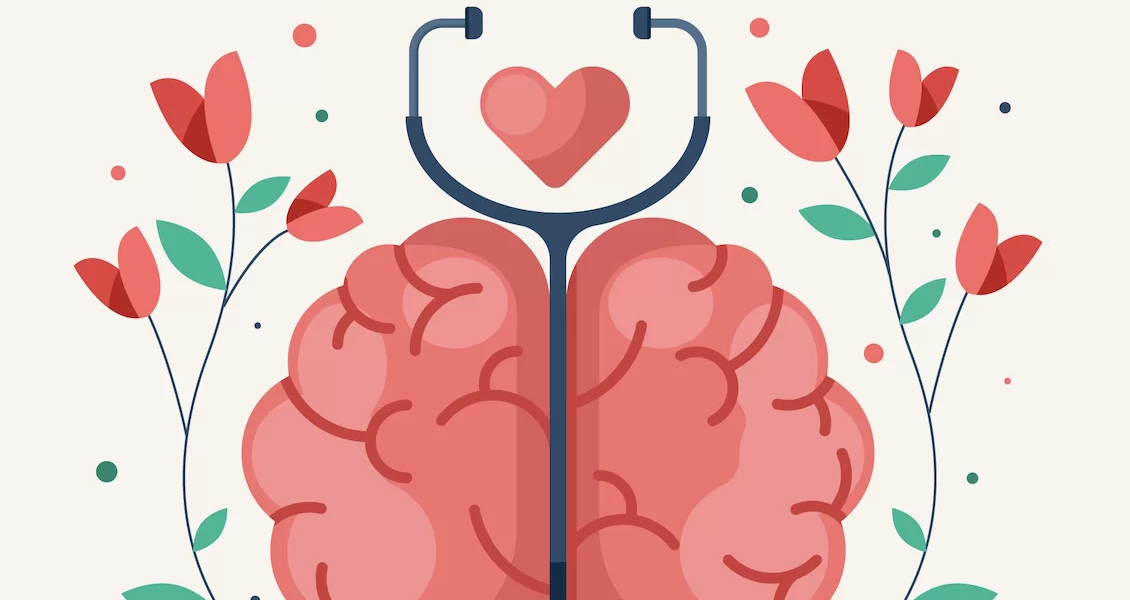On World Mental Health day this year (10 October), Mental Health Europe hosted an event at the European Parliament focusing on refugees, migration and mental health.
World Mental Health day comes and goes every year, complete largely with perfunctory nods from politicians towards “delivering”, “stakeholders” and “comprehensive solutions”.
The proceedings organised by the European Parliament and Mental Health Europe this year, by contrast, were a tale of two halves. On the one hand, yes, we heard the tired, the vacuous and the routine, but on the other, we saw a genuinely refreshed sense of urgency about the scale and importance of the mental health crisis sweeping Europe, with a renewed focus on migrant families.
In her statements ahead of the launch EU Commissioner for Health and Food Safety, Stella Kyriakides minced no words, saying: “The COVID-19 pandemic, the Russian invasion of Ukraine and its consequences, the energy crisis and worries about the economic difficulties: all these events take a toll on our mental health”.
As Mental Health Europe (MHE) point out, a migrant fleeing war in Ukraine may face multiple such concurrent threats to their mental health, including loneliness, homelessness, PTSD and long periods of legal limbo. On October 10 – World Mental Health Day – Kyriakides paid tribute to the MHE for “helping Europe understand that what we are facing is probably one of the most important mental health challenges of this century”.
“We see children who are still afraid of meeting people, who cannot stop washing their hands. We see adolescents who missed months and perhaps even years of social interaction and who are now finding it difficult to be amongst people. We see people who lost family members, homes and jobs.”
In her opening speech to the event, Kyriakides noted the 11 million euros spent mobilizing mental health and psychosocial resources in Ukraine and bordering EU member states. She noted that the Commission sees their role as listening to professionals, Member States, NGO’s and academics to learn where they can bring “concrete added value”.
While still vague and without yet the degree of specificity required to warrant the use of the word “comprehensive”, fellow travellers in the fight against mental unwellness will take heart in the commitment, broadly, to learn best practice and then implement it.
Luxembourg Greens MEP Tilly Metz called for “culturally aware mental support” in light of the issues of mental health stigma, both before and after migration.
Ahmad, a Syrian refugee to the UK, described the attitude to mental health in in the Middle East as a “taboo subject”. Tetiana, a Ukrainian woman who sought refuge in Slovakia, told her story, from both the trauma of fleeing with her young children, and attempting to secure a safe home and access to care. It was, for Tatiana, fortuitous that she was able to not only find a job, pre-school places and medical care, but also find a network of women in a similar position with whom she could speak candidly and with a shared experience.
“It is peer to peer support that really makes a difference”, Tatiana said.
By clear implication, without the support groups and her ability to integrate into work and social groups, Tatiana would have been unable to achieve the same degree of progress with her mental wellbeing.
Laetitia Van der Vennet and Frohar Poya drew attention to the more bureaucratic angle on mental health. The former shared the quite astonishing finding that some illegal/undocumented migrants can spend up to ten years in legal limbo – during which they can currently expect no significant access to mental health services.
Ronan Mangan, of the NGO Red Cross, highlighted the long waits at reception centres, the needless separation of families and inadequate staff training as key sources of anxiety for migrants.
Attendees were left wondering just how much the issue of the mental health of migrants overlaps with EU mandates, including finance and EU and member state border and immigration policy. To what extent can mental health outcomes for refugees and other non-citizens be improved at the European level without reference to this wider practice of European statecraft?
The claim that there is a positive ‘right to mental health’ is unlikely to hold up to theoretic or jurisprudential scrutiny. The solutions to the manifold problems – well described at this World Mental Health Day event – were left largely unexplored. Participants were told that “we can all play our part”, but were left with no real clarity as to what that part entails.
The message to emerge from the event is : Let us connect the dots.
Our part in improving mental health outcomes, as Tatiana’s story demonstrates, must focus firstly on peer-to-peer support. Community, in the sense of familial and social networks, especially when combined with sport or festivities, has been consistently shown to ameliorate feelings of loneliness, anxiety and even PTSD.
Concrete recommendations therefore should include community sports organisations with specific mandates to involve and encourage the integration of migrants and refugees. The flip-side of our part to play involves introspection on the part of the individual.
This can come in the form of diary-keeping or various forms of mindfulness and meditation. These can range from listening to classical music, which has been shown to boost confidence and mood, to chewing sugar-free gum, which has been shown, by a number of studies, to relieve stress and anxiety, both for children and adults, and boost mindfulness. Concrete recommendations should include the promotion of these positive habits and raising awareness of how individuals can take small steps in care of their mental health.
The European Parliament’s World Mental Health day proceedings were, taken as a whole, the most robust call-to-arms for mental health that the organisation has ever mustered. For this reason it was a marque political event – the case was made as clear as day that mental health ought to be prioritised with the same standing as physical heath. It is a shame, however, that “stronger and better mental health support” is called for without serious attempts at elaboration. The hope will be for professionals and interested parties to make the concrete proposals, like those above, which were conspicuous at this event by their absence.




